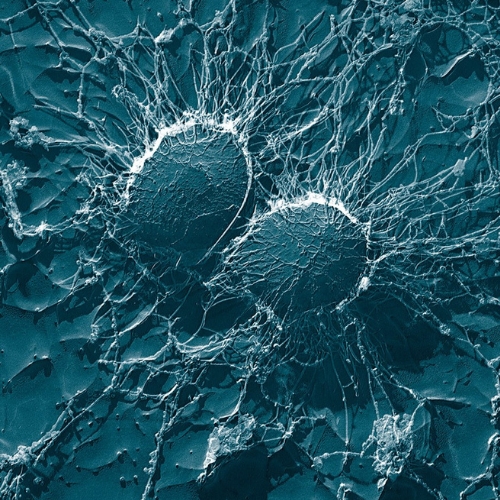Key points from article :
Gut microbiome is comprised of a varied community of bacteria, archaea, eukarya, and viruses.
Firmicutes, Bacteroidetes, Proteobacteria, and Actinobacteria comprise 98% of the intestinal microbiome.
Poor gut microbiome could contribute to atherosclerosis, immune system decline, breast cancer, sarcopenia.
Researchers took fecal transplants from long-lived people and gave them to mice.
Increased their microbiome diversity, and improved their intestinal structure (aiding nutrient absorption).
Aging biomarkers lipofuscin and ß-galactosidase were also present in lower concentrations.
Beneficially, the presence of Lactobacillus and Bifidobacterium increased in the treated mice.
Also had greater a diversity of short-chain fatty acid producing genera (Roseburia, Faecalibacterium, Ruminococcus, Coprococcus).
Study by Sichuan Agricultural University published in the journal Aging.





